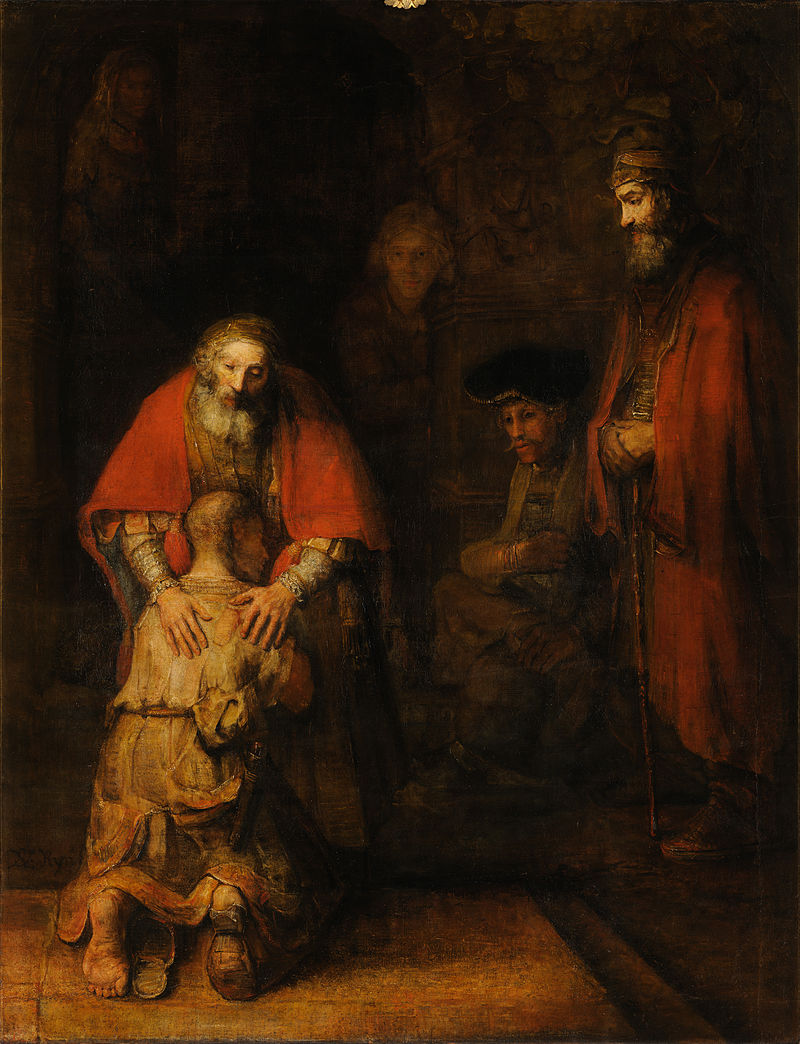1 Corinthians 1:10-17
Many of us know the deep gratitude and lasting connection we can develop for and with those who have brought us the gospel, whether when we came to faith or in the dark moments of despair. This is a beautiful thing. God puts a face on His message, on the absolution. And this is how God has promised to work, through people, for us. Few in history have heard this message directly from God or even from one of His holy angels. Such experiences are limited, especially to the ministry of Jesus and the experiences of the prophets and apostles. But God has spoken to us nonetheless and no less, through people. We should cherish that, and those people.
How sad, then, when the devil twists this gratitude and these connections into causes for divisions. How unfortunate when the devil leads us to lose our focus upon the very one to whom those gospel voices pointed us, the One of whom they spoke, the One on whose behalf they served as ambassadors. This is what happened, however, among the Corinthians, and it has happened throughout church history. Paul, Apollos, even Christ were used to this end. And Paul here objects most vociferously to it. He was a messenger, not the message. He proclaimed another, not himself. His absolution had no power but that which Christ gave to it. Christ, not Paul, was to be the object of faith, and not Christ as a self-serving or sectarian rallying cry, but Christ as God in the flesh who came and died and rose to give us heaven, to make us one with Him and each other in His grace and mercy.
The church and Christians aren’t called to woo and persuade, to market and bait, but to proclaim and to point. Christ is the substance of our faith. Our message is the good news of Christ, an actual person and not an idea, a person for us and for all, not just for some. He is a person for us and for all for the forgiveness sins, and not for scoring points or drawing lines where God hasn’t set any boundaries. The gospel’s power doesn’t rest in the one who proclaims it, or in how the person proclaims it, but in Christ Himself. “For Christ did not send me to baptize but to preach the gospel, and not with words of eloquent wisdom, lest the cross of Christ be emptied of its power.”
Thank God for Paul. How can we not feel connected with him when we read his epistles, through which the Spirit has worked for centuries, for millennia? Thank God for those who have put a face on the gospel for you, who have spoken to you God’s mercy and grace, who have absolved you. How can we not feel connected with them for having done so? They’ve been vessels of God to bring us to faith and preserve us in it. But our faith isn’t in those messengers. Our faith is in Christ or it’s of no value at all. Paul knew that. He wants us to know that, too, because the devil would like few things more than for us to forget.
Christ died for your sins. Christ rose for your justification. You are absolved. And that is true no matter who proclaims it to you, no matter who was there when your faith began or who has been there in your darkest hour. And that is true no matter how flowery the language or how persuasive the plea to believe. Christ is a person, for you, and as sure as His grave is empty, so sure is the word of forgiveness, no matter who has brought it or brings it to you. So sure is it when we are those people for others, too. That is the power of the cross. And thank God for that!
Wade Johnston
For more content like this, check out the podcast, blog posts, and devotions at www.LetTheBirdFly.com.
You can listen to our latest episode here. You can find our latest installment in the Wingin’ It series on Luther here.
For more writing by Wade, you can find his books here and more blog posts here.

